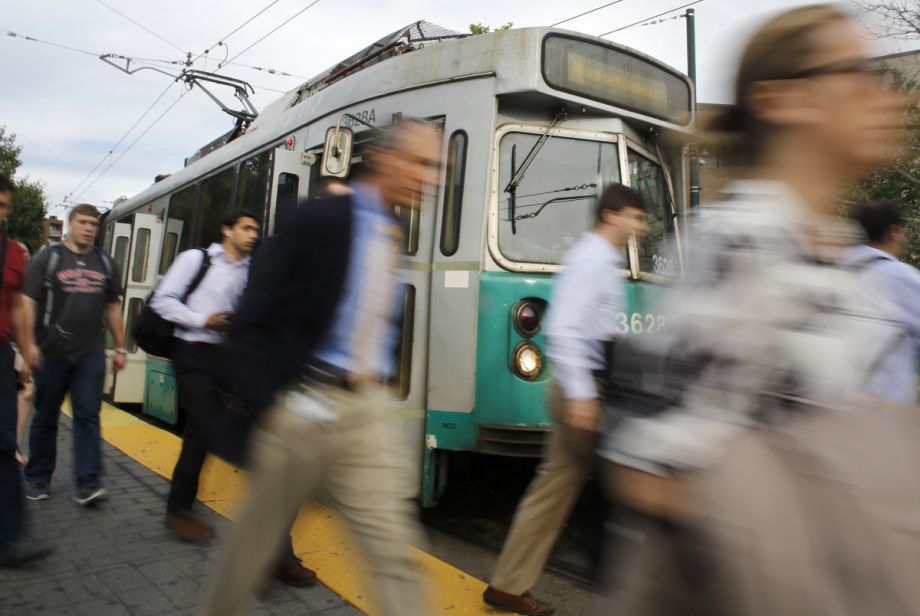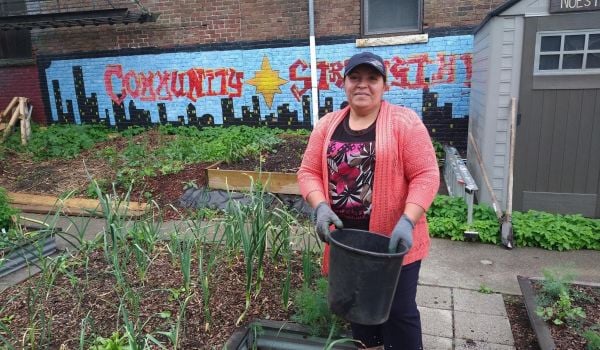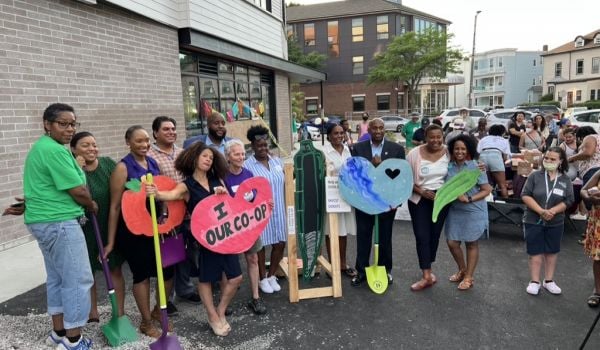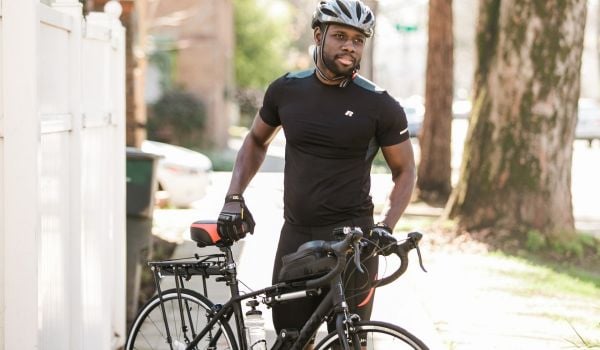Boston is deferring to residents for help in their attempt to improve public transit. After last year’s embarrassing winter for the Massachusetts Bay Transit Authority, Mayor Marty Walsh’s administration turned to more than 6,000 residents before drafting their new transportation plan, which was released last week. The report is part of Go Boston 2030, an initiative to improve transportation by engaging the public to develop a plan.
According to Boston radio station, WBUR, the plan calls for public transit options located within 10 minutes of every home, a reduction of traffic deaths in the city, and on-times service 90 percent of the time. Per WBUR:
The report highlights several transportation goals around access, quality, affordability and innovation. A few of these goals include:
- Ensuring there is affordable housing in areas where there are upgrades to the transit system
- Quality maintenance of transit facilities, sidewalks and roadways
- Connecting low-income communities to “job-rich” districts around the city
- Reducing transportation costs for low-income residents
- Tapping into the local startup community to create innovative transportation technology
- Ensuring there are various modes of transit and an equal level of investment in transportation infrastructure in underserved communities
Transportation inequality is an issue affecting many cities. Walsh hopes the new plan will address these issues and put more people to work.
“Our transportation action plan will lay out an ambitious roadmap to address inequities in underserved neighborhoods, connect our workforce to job opportunities, and prepare our systems for climate change,” Walsh said in a statement.
The final action plan should be completed by next summer.
Jenn Stanley is a freelance journalist, essayist and independent producer living in Chicago. She has an M.S. from the Medill School of Journalism at Northwestern University.
Follow Jenn .(JavaScript must be enabled to view this email address)
















